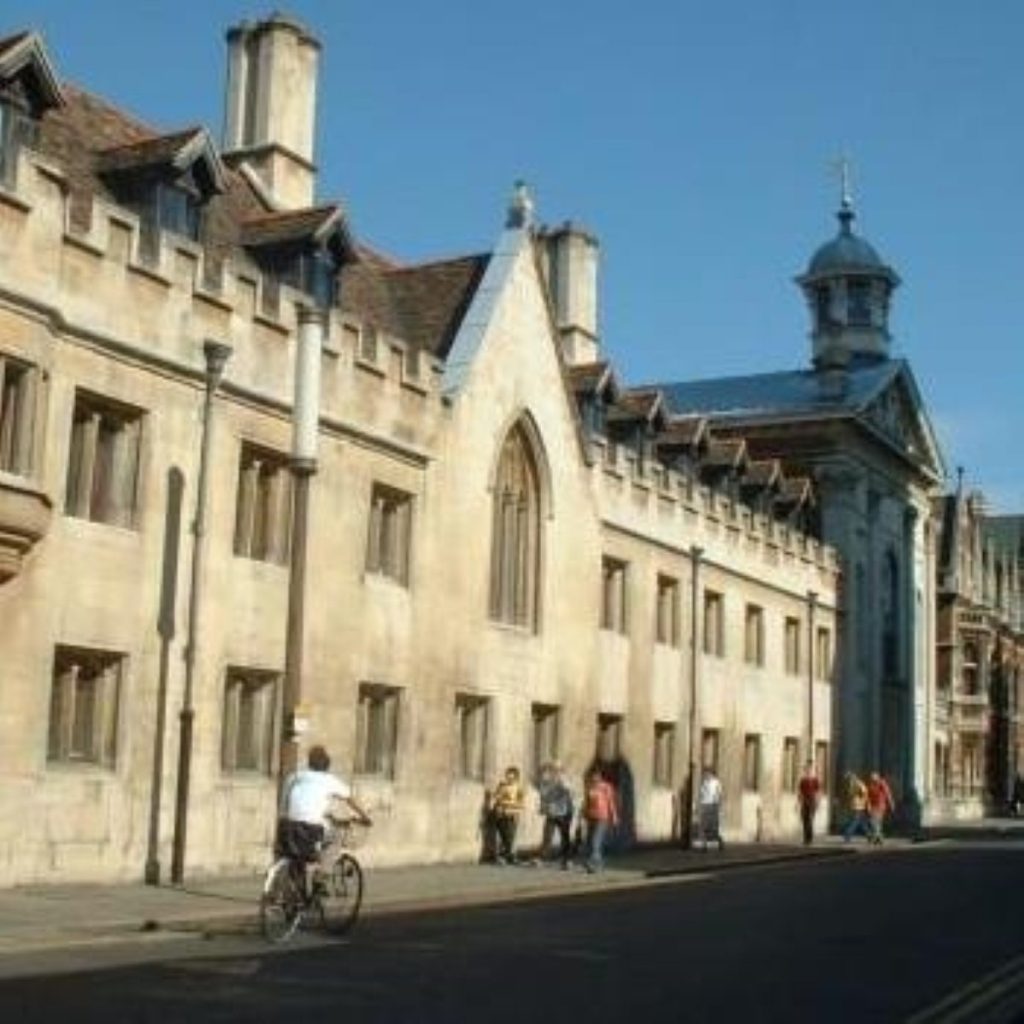Red brick universities may charge full fees
Vice-chancellors at red brick universities are considering charging the full £3,000 amount for top up fees in line with their more prestigious counterparts.
A bill for increased top up fees from September 2006 is likely to be included in Wednesday’s Queen’s Speech.
Critics of the Government’s plans say increased fees will deter working class students from going to university.
In a letter in today’s Guardian, Malcolm McVicar, vice-chancellor of the University of Central Lancashire, says he was “very reluctantly” willing to back the increased levy.


And Michael Goldstein, vice-chancellor of Coventry University, warned that given the dearth of funding, new universities would have “no choice” but to impose extra fees on students.
The current level of top up fees stands at £1,125 a year.
In a letter to The Times, the vice-chancellors of Oxford, Cambridge and three London colleges – Imperial College London, University College London and the London School of Economics – said extra cash was needed to bridge the funding shortfall.
The letter read: “The government’s proposals for a new approach to student fees, which will be repayable only after graduation, are right in principle.
“This will start to restore financial health to our universities.”
The argument was also affirmed by Professor Bob Boucher, the vice-chancellor of Sheffield University.
He said: ‘The principle of equal access is at risk if we do not introduce top-up fees because the income from top up fees is what would be used to support students from poorer backgrounds.
‘In any case the measures the Government is introducing, that is to say that students from parental backgrounds where income is less than £21,000 will continue to have the present level of fee paid, about £1,100, and will get a £ 1,000 bursary in addition.
‘These fees are paid after graduation. The thing we ought to concentrate on, because so many wild figures are bandied around, is that if everybody wants to continue in the same way that they do at the moment, the only additional burden, additional level of debt will be GBP1,800 a year.”
But Mandy Telford, President of the National Union of Students, said top up fees would introduce “a marketplace into Higher Education.”
“That means some courses and some universities will be more expensive than others.”
Tory health and education Secretary, Tim Yeo MP, rejected claims that extra funding would help widen participation in higher education.
“Top-up fees will deter young people from less well-off families from going to university, will place a huge burden on graduates in lower paid jobs, and will almost certainly be used by the government as another stealth tax,” he said
The debate comes after new research found that working class students assumed higher levels of debt compared to their middle class counterparts.
The DfES survey, undertaken by South Bank University academics and the Policy Studies Institute, found that some of the poorest students leave university with average debts of over £10,000, despite budgeting and taking on part time work.
The survey found students whose parents had incomes of less than £20,480 a year had average debts of £9,708. Half owed £10,392 on average.
Students whose parents earned more than GBP30,502 and consequently paid tuition fees in full had debts averaging £6,806.

